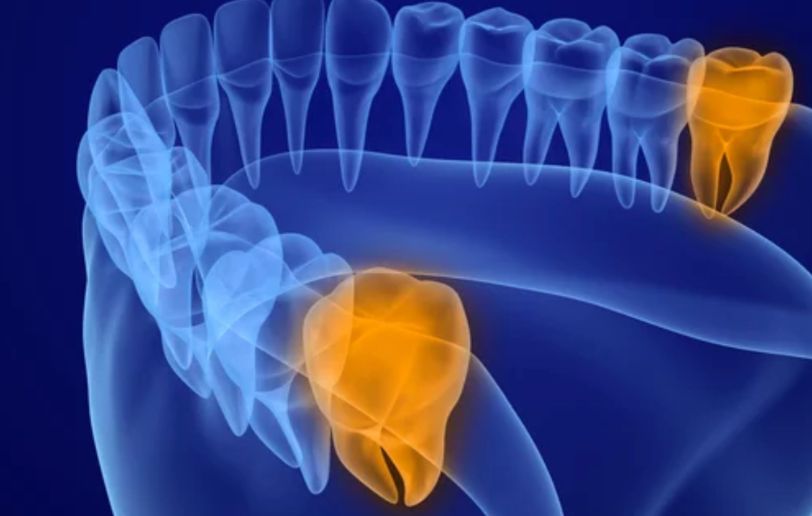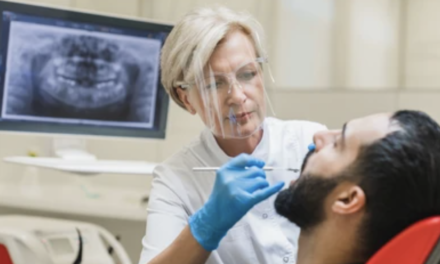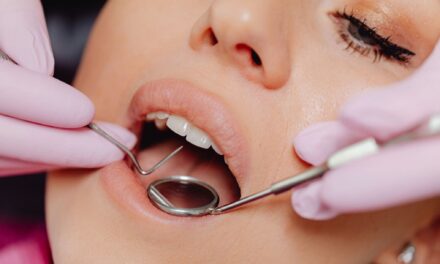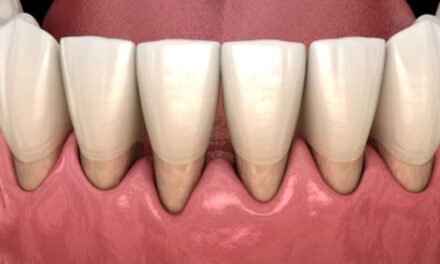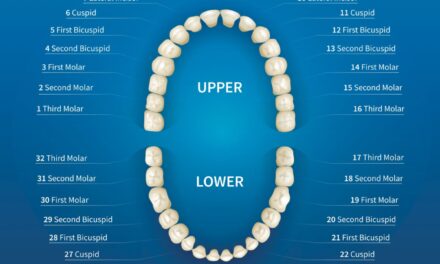Understanding the various aspects of wisdom teeth is essential for maintaining optimal dental health. Here, we explore when these teeth first erupt, the types of wisdom teeth, their function, associated problems, treatments and care tips.
When Do Wisdom Teeth Erupt?
- These are the third set of molars that typically emerge in late adolescence or early adulthood.
- There are four of these teeth, one located in each quadrant (top left & right and the bottom left & right) of the mouth.
- They can be categorised as fully erupted, partially erupted, impacted, or absent.
- They generally appear between the ages of 17 and 25.
- The eruption process can cause discomfort, swelling and soreness in the back of the mouth.
Function of Wisdom Teeth
- These teeth were useful for our ancient ancestors who had larger jaws and tougher diets.
- Nowadays, these teeth have become vestigial and serve no significant function in chewing.
Wisdom Teeth Problems
- Overcrowding: These teeth can exert pressure on your existing teeth, leading to overcrowding. The limited space in the jaw can cause existing teeth to shift, resulting in misalignment.
- Impaction: Impacted teeth remain trapped in the jawbone or gum tissue, causing pain and discomfort. Lack of space can prevent these teeth from fully emerging, leading to impaction.
- Infections: When partially erupted, these molar teeth can create pockets where bacteria can accumulate, resulting in infections.
- Tooth Decay: These teeth are challenging to clean properly, making them prone to decay and cavities. Poor access for brushing and flossing makes wisdom teeth susceptible to decay.
Caring for Wisdom Teeth
- Regular Oral Hygiene: Brushing and flossing twice a day is crucial to maintain oral health.
- Mouthwash Rinse: Using an antimicrobial mouthwash can help reduce bacteria in the mouth.
- Dental Check-ups: Regular visits to the dentist enable early detection of problems.
Wisdom Teeth Removal
- Preventing Problems: Removing these teeth eliminates the risks of overcrowding, impaction, infections and decay.
- Alleviating Pain: Extracting these teeth can relieve discomforts that are associated with erupting or impacted teeth.
- Protecting Surrounding Teeth: Dentists may recommend extraction if the teeth cause pain, infection, or potential damage to adjacent teeth.
Summary
- Understanding when these teeth erupt, their function and potential issues helps you to take proactive care measures.
- As these teeth grow and develop, they can sometimes pose various problems and risks to oral health.
- Regular dental check-ups and proper oral hygiene, along with tooth extraction when required, will contribute to maintaining oral health.
FURTHER READING:

